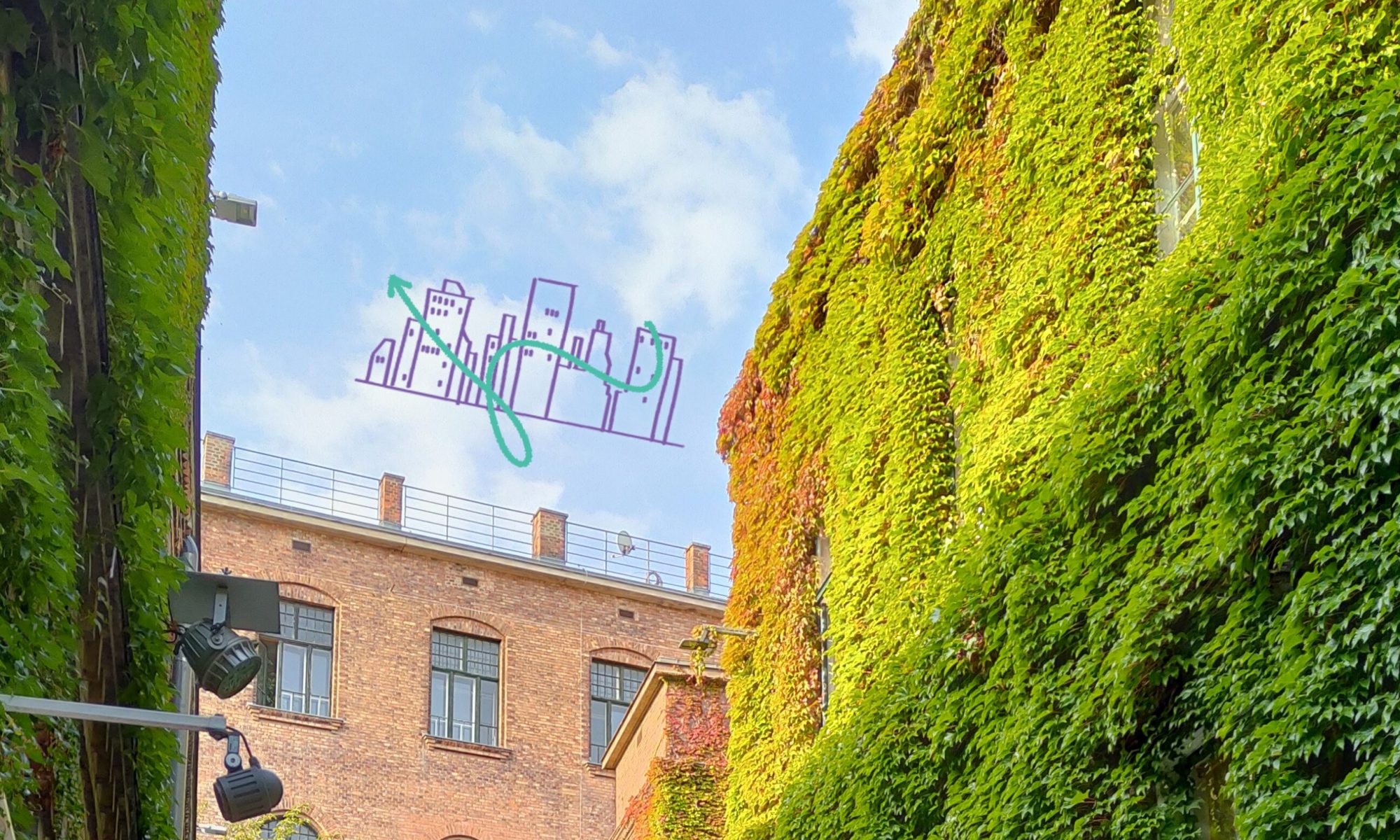It looks like nothing was found at this location. Maybe try a search?

European Exchange – Social Entrepreneurship – Youth Empowerment – Placemaking

European Exchange – Social Entrepreneurship – Youth Empowerment – Placemaking
It looks like nothing was found at this location. Maybe try a search?